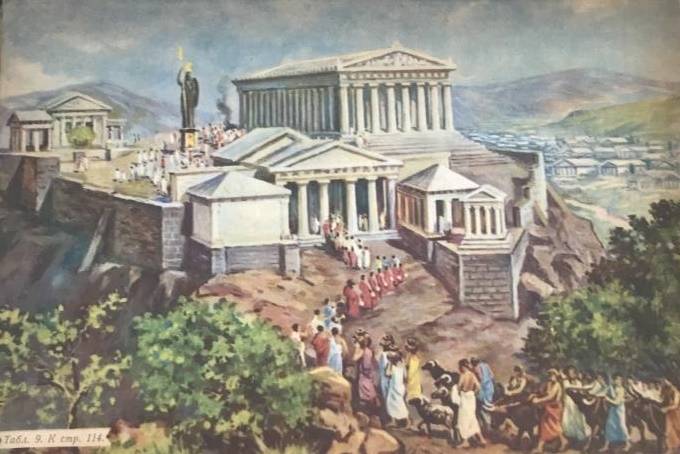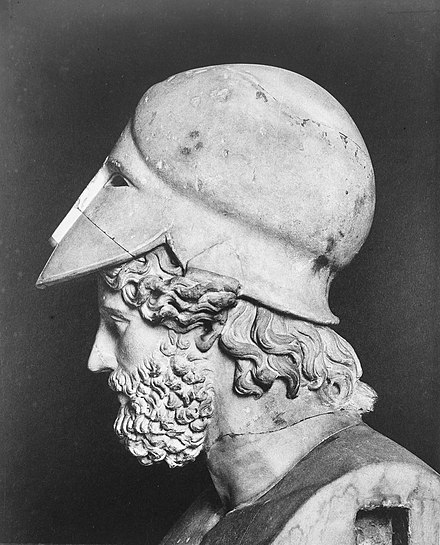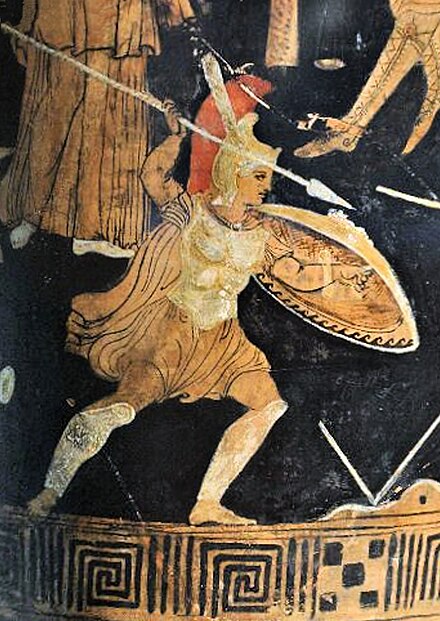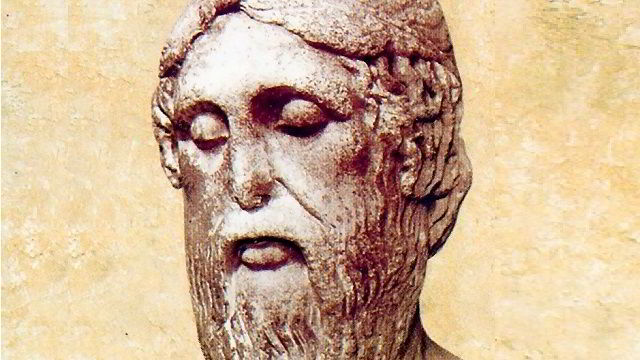Thersthara
Active member
- Joined
- Dec 3, 2023
- Messages
- 509
The Tale of Meleager
Meleager is one of the leading heroes of Greek mythology, best known for the Boar Hunt of Calydon. His story explores themes of fate, family relationships and tragic endings. Meleager's life, like that of many legendary heroes, is full of both divine and human elements. In this research project for JoS, I will explore Meleager's life, heroism, family and tragic end in detail.
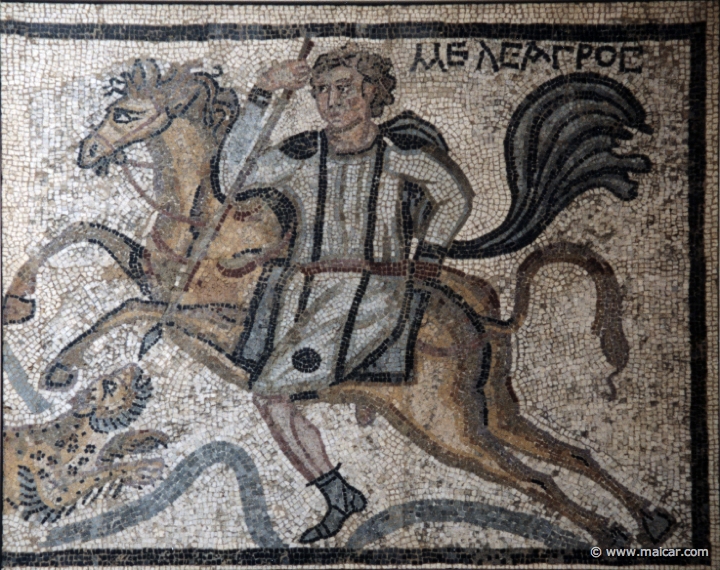
Meleager was the son of Oineus and Althaea, king of Chalydon. Chalydon is a city in what is now Aetolia, in western Greece. Oineus was the king of the city and one of the most powerful rulers of Aetolia. Meleager's birth is far from the birth of an ordinary child, for he is a hero whose fate is predetermined.
One of the most remarkable events of Meleager's birth is related to the Moirae (Goddesses of Fate). According to legend, when Meleager was born, the Moirae, the Goddesses of Destiny, predetermined his fate. These goddesses say that Meleager's life depends on a piece of log. This log is a piece of wood that was burning in the family hearth when Meleager was born. The Moirae tell Althaea that if this log burns completely, Meleager will die. To protect her son Meleager, Althaea takes the log from the hearth and hides it in a safe place. Thus, Meleager's life depends on this log hidden by his mother.
This event shows that Meleager's fate was inevitable and that his death was directly related to the burning of a log. This concrete and inevitable nature of fate in Greek mythology is one of the most tragic elements of Meleager's story.
Meleager grows up to be a great warrior and hero. His father, Oineus, trained Meleager in the arts of war and he became famous for his bravery at a young age. Meleager is linked to other great heroes of Greek mythology and holds an important place among them. These heroes include Heracles, Theseus and Jason.
One of Meleager's most famous exploits was his adventure with the Argonauts on the ship Argo in search of the Golden Fleece. The Argonauts gathered under the leadership of Jason and traveled to Colchis to find the Golden Fleece. Meleager was among these heroes and faced many dangers. This was one of the highlights of his heroic career.
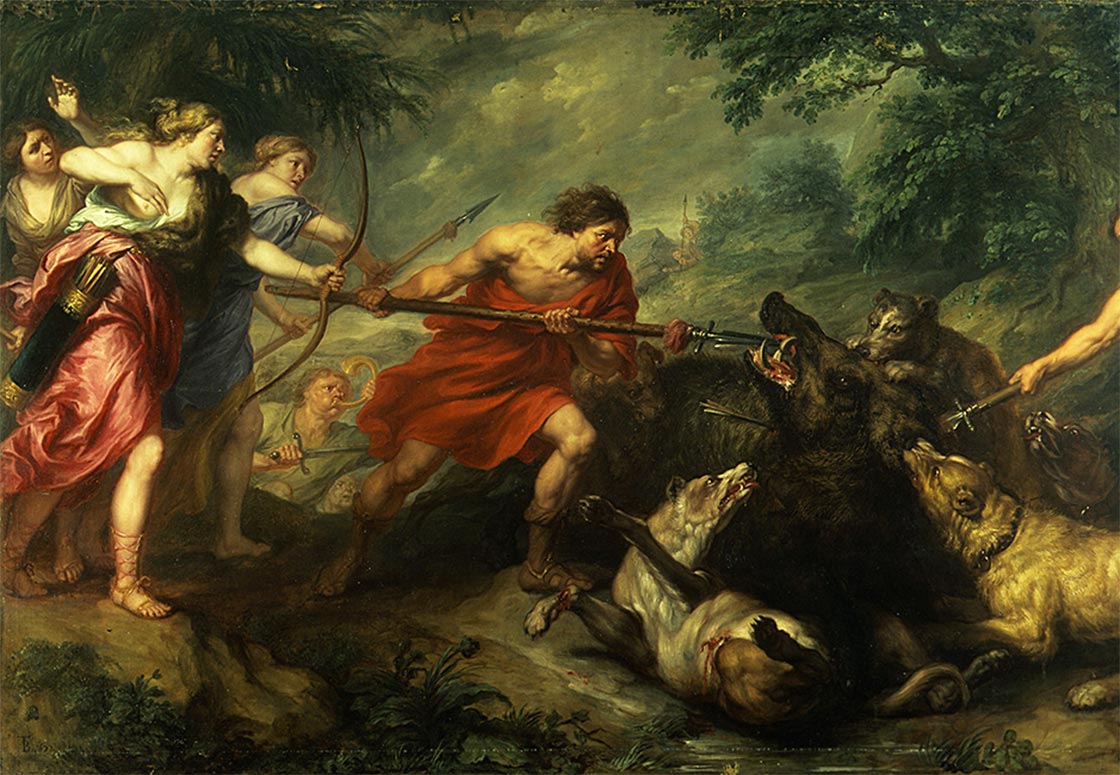
The most important adventure in Meleager's story is the Calydon Boar Hunt. According to this legend, Meleager's father, Oineus, made regular offerings to the gods for a year, but forgot one god, Artemis. In response to this disrespect, Artemis sent a gigantic wild boar to Calydon. This creature devastates the city, destroys the farmland and causes great harm to the people. To kill the boar, Oineus gathers heroes from all over Greece and organizes a great hunt.
This hunt becomes one of the most important events of Greek mythology. Meleager comes forward to lead this hunt and gathers the heroes who will take part in the hunt. Among the hunters are famous names such as Atalanta, Theseus, Castor and Pollux, Jason and Peleus. However, it is the famous female hunter Atalanta who attracts Meleager's special attention.
Atalanta is the first person to shoot an arrow at a wild boar during a hunt. This brave act deeply impresses Meleager and a romantic relationship blossoms between them. Meleager kills the boar and gives its hide to Atalanta as a reward for the hunt. However, this act causes a major conflict in Meleager's family.
Meleager's uncles, Toxeus and Plexippus, are vehemently opposed to giving the hunting trophy to a woman. They claim that this prize is their right and oppose Meleager. Meleager loses his temper and kills both uncles. This event becomes one of the most important turning points in Meleager's life and foreshadows his tragic end.
Meleager's murder of her uncles deeply affects her mother Althaea. Althaea cannot bear the death of her own brothers and decides to take revenge. Knowing that her son's life depends on that log, Althaea makes a tragic decision: She throws the log into the fire to kill Meleager.
Althaea's decision is considered one of the most tragic events in Greek mythology. A mother is forced to end her son's life. As the log burns, Meleager burns to death from the inside. His tragic end reveals the inevitability of fate and the deadly consequences of family conflicts.
After Meleager's death, his family and kingdom are devastated. Althaea kills herself with regret over her son's death or, according to some legends, is driven to suicide by grief. After Meleager's death, the kingdom of Calydon weakened and the city gradually lost its power.
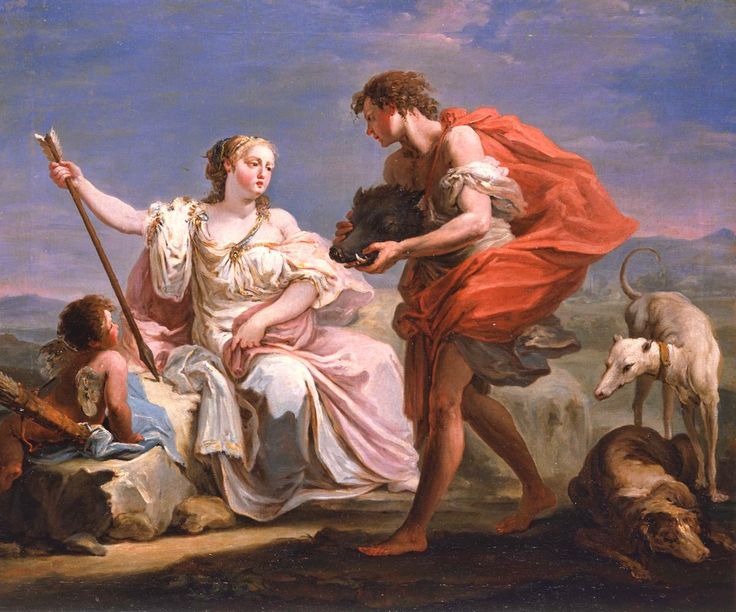
The story of Meleager is one of the most complex narratives in Greek mythology. Although he achieves great success as a hero, his conflicts with his family and the inevitability of fate deeply affect his life. Meleager is both a shining star of heroism and a victim of inevitable tragedy brought about by fate. His story is one that makes us reflect deeply on the concepts of the human spirit, complex familial relationships and heroism from ancient Greek mythology. This hero's ending is one of the most striking in mythology and in many ways explores the concept of tragedy in depth.
The story of Meleager has been treated and told in various forms by many Greek writers and poets. In Homer's epic “Iliad”, the story of Meleager is indirectly mentioned. During his passive resistance in the Trojan War, Achilles remembers and learns from Meleager's tragic end. Homer, in describing Meleager's fate, draws parallels with Achilles' own fate and offers readers a profound narrative.
Tragedy writers such as Sophocles were also influenced by the dramatic structure of Meleager's story. His fate has been one of the sources of inspiration for Ancient Greek theater, as he has the same fate as other tragic heroes. The themes of family conflicts, revenge and death are common themes in the works of great tragedy writers such as Sophocles and Euripides.
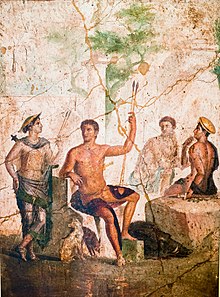
Meleager is one of the leading heroes of Greek mythology, best known for the Boar Hunt of Calydon. His story explores themes of fate, family relationships and tragic endings. Meleager's life, like that of many legendary heroes, is full of both divine and human elements. In this research project for JoS, I will explore Meleager's life, heroism, family and tragic end in detail.

Meleager was the son of Oineus and Althaea, king of Chalydon. Chalydon is a city in what is now Aetolia, in western Greece. Oineus was the king of the city and one of the most powerful rulers of Aetolia. Meleager's birth is far from the birth of an ordinary child, for he is a hero whose fate is predetermined.
One of the most remarkable events of Meleager's birth is related to the Moirae (Goddesses of Fate). According to legend, when Meleager was born, the Moirae, the Goddesses of Destiny, predetermined his fate. These goddesses say that Meleager's life depends on a piece of log. This log is a piece of wood that was burning in the family hearth when Meleager was born. The Moirae tell Althaea that if this log burns completely, Meleager will die. To protect her son Meleager, Althaea takes the log from the hearth and hides it in a safe place. Thus, Meleager's life depends on this log hidden by his mother.
This event shows that Meleager's fate was inevitable and that his death was directly related to the burning of a log. This concrete and inevitable nature of fate in Greek mythology is one of the most tragic elements of Meleager's story.
Meleager grows up to be a great warrior and hero. His father, Oineus, trained Meleager in the arts of war and he became famous for his bravery at a young age. Meleager is linked to other great heroes of Greek mythology and holds an important place among them. These heroes include Heracles, Theseus and Jason.
One of Meleager's most famous exploits was his adventure with the Argonauts on the ship Argo in search of the Golden Fleece. The Argonauts gathered under the leadership of Jason and traveled to Colchis to find the Golden Fleece. Meleager was among these heroes and faced many dangers. This was one of the highlights of his heroic career.

The most important adventure in Meleager's story is the Calydon Boar Hunt. According to this legend, Meleager's father, Oineus, made regular offerings to the gods for a year, but forgot one god, Artemis. In response to this disrespect, Artemis sent a gigantic wild boar to Calydon. This creature devastates the city, destroys the farmland and causes great harm to the people. To kill the boar, Oineus gathers heroes from all over Greece and organizes a great hunt.
This hunt becomes one of the most important events of Greek mythology. Meleager comes forward to lead this hunt and gathers the heroes who will take part in the hunt. Among the hunters are famous names such as Atalanta, Theseus, Castor and Pollux, Jason and Peleus. However, it is the famous female hunter Atalanta who attracts Meleager's special attention.
Atalanta is the first person to shoot an arrow at a wild boar during a hunt. This brave act deeply impresses Meleager and a romantic relationship blossoms between them. Meleager kills the boar and gives its hide to Atalanta as a reward for the hunt. However, this act causes a major conflict in Meleager's family.
Meleager's uncles, Toxeus and Plexippus, are vehemently opposed to giving the hunting trophy to a woman. They claim that this prize is their right and oppose Meleager. Meleager loses his temper and kills both uncles. This event becomes one of the most important turning points in Meleager's life and foreshadows his tragic end.
Meleager's murder of her uncles deeply affects her mother Althaea. Althaea cannot bear the death of her own brothers and decides to take revenge. Knowing that her son's life depends on that log, Althaea makes a tragic decision: She throws the log into the fire to kill Meleager.
Althaea's decision is considered one of the most tragic events in Greek mythology. A mother is forced to end her son's life. As the log burns, Meleager burns to death from the inside. His tragic end reveals the inevitability of fate and the deadly consequences of family conflicts.
After Meleager's death, his family and kingdom are devastated. Althaea kills herself with regret over her son's death or, according to some legends, is driven to suicide by grief. After Meleager's death, the kingdom of Calydon weakened and the city gradually lost its power.

The story of Meleager is one of the most complex narratives in Greek mythology. Although he achieves great success as a hero, his conflicts with his family and the inevitability of fate deeply affect his life. Meleager is both a shining star of heroism and a victim of inevitable tragedy brought about by fate. His story is one that makes us reflect deeply on the concepts of the human spirit, complex familial relationships and heroism from ancient Greek mythology. This hero's ending is one of the most striking in mythology and in many ways explores the concept of tragedy in depth.
The story of Meleager has been treated and told in various forms by many Greek writers and poets. In Homer's epic “Iliad”, the story of Meleager is indirectly mentioned. During his passive resistance in the Trojan War, Achilles remembers and learns from Meleager's tragic end. Homer, in describing Meleager's fate, draws parallels with Achilles' own fate and offers readers a profound narrative.
Tragedy writers such as Sophocles were also influenced by the dramatic structure of Meleager's story. His fate has been one of the sources of inspiration for Ancient Greek theater, as he has the same fate as other tragic heroes. The themes of family conflicts, revenge and death are common themes in the works of great tragedy writers such as Sophocles and Euripides.









